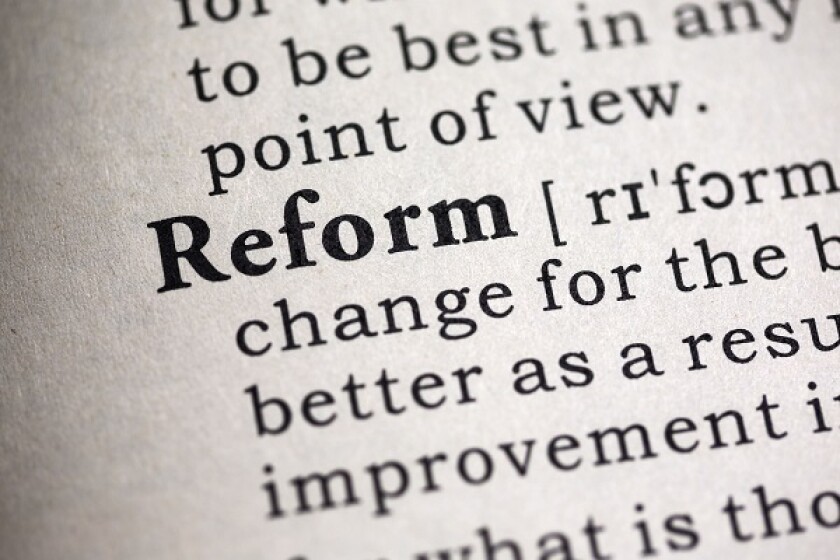A new law on trademarks will soon come into effect in Greece, implementing Trademark Directive No. 2015/2436. Although this is definitely good news, there are a few difficulties in parts of the relevant law, where the mere implementation of the Trademark Directive is deemed insufficient. For instance, according to Article 47 of the bill, which is not an implementing provision, the Trademark Office (administrative authority) as well as the administrative courts are the competent authorities for trade mark matters, including oppositions, revocations and invalidity proceedings. On the other hand, the civil courts have exclusive jurisdiction to rule upon infringement actions.
According to the same bill, a non-use defence will now be available to the defendant in infringement proceedings. More specifically, Article 40 of the bill, provides that the proprietor of a trade mark shall be entitled to prohibit the use of a sign, only to the extent that the proprietor's rights are not liable to be revoked on the basis of non-use at the time when the infringement action is brought. If the defendant so requests, the proprietor of the trade mark shall furnish proof that, during the five-year period preceding the date of bringing the action, the trade mark has been put to genuine use in connection with the goods or services in respect of which it is registered and which are cited as justification for the action, or that there are proper reasons for non-use, provided that the registration procedure of the trade mark has not, at the date of bringing the action, been completed under five years ago.
Do the Greek courts have jurisdiction to rule upon a trademark's non-use? Article 47 says "no", while Article 40 says, "yes, for the needs of the infringement action under consideration." Although it is true that the bill does not introduce a mechanism identical to the one relating to EUTMs enforced in Greece, where specialised IP courts do have jurisdiction to rule upon cancellation and invalidity claims, it is equally true that it is departing from the long-lasting division mechanism applicable in Greece. In purely legal terms, departing is good, as long as you know where you want to go.
|
|
Manolis Metaxakis |
Patrinos & Kilimiris
7, Hatziyianni Mexi Str.
GR-11528 Athens
Greece
Tel: +30210 7222906, 7222050
Fax: +30210 7222889












